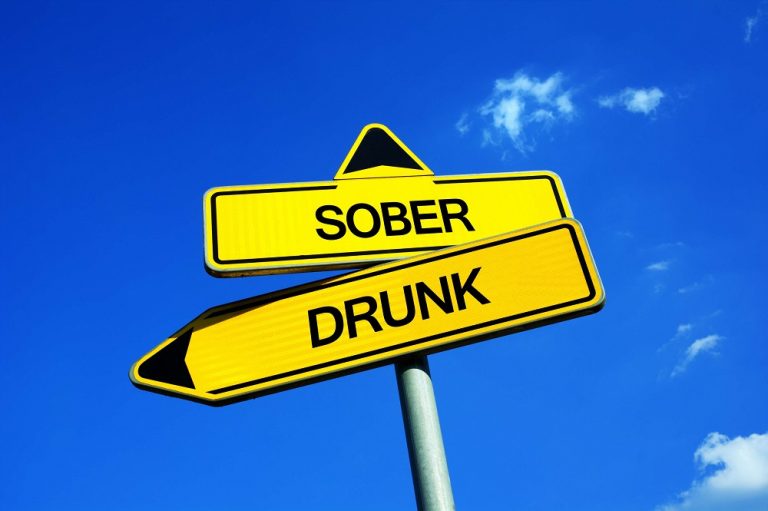This conflation of addiction with dependence, which stigmatizes effective medication treatment for opioid use disorder, is even enshrined in law. Dr. Pickrell is a board-certified psychiatrist with interests in addiction and psychiatry. His understanding of addiction as the overlapping symptoms of biopsychosocial development is the foundation to his care model. He is committed to helping both patients and families understand that addiction is a treatable medical illness. He has been involved in the treatment of addiction for the last 17 years and completed his residency training at the University of Utah.
Treatment Approaches: Managing Dependence and Addiction
Picture addiction as a mischievous shapeshifter, Sobriety constantly evolving and adapting. It’s not just about the substance or behavior itself, but rather the compulsive need to engage in it, despite harmful consequences. It’s like that friend who keeps touching a hot stove, even though they’ve been burned countless times before.
Understanding Dependency and Addiction: Definitions and Key Differences
It’s important to note that treatment approaches for addiction and dependence may overlap, as individuals with addiction often experience dependence as well. Therefore, a comprehensive treatment plan may incorporate elements from both addiction and dependence treatment approaches, tailored to the specific needs of each individual. Physical dependence is characterized by physiological changes that occur in response to continued substance what is the difference between addiction and dependence use. These changes can result in withdrawal symptoms when the substance is discontinued or reduced abruptly.

Encourage Professional Treatment
- The other person has become dependent on the medication, too — but they have also become addicted to it.
- They feel they must find a way to continue taking opioids to avoid the negative symptoms.
- Your body builds tolerance, requiring more of the substance to achieve the same effect, while simultaneously becoming dependent on its presence for normal functioning.
- Addiction is caused by a combination of factors, including biology, environment, and psychological factors.
- It is a condition where the person is compelled to satisfy his needs regardless of the negative consequences.
- Couples and family members who have been affected by addiction can benefit from family therapy to work through their issues, learn how to support each other in recovery, and receive support for themselves.
Someone with dependence might experience discomfort without their substance but can generally maintain boundaries around use. In addiction, these boundaries erode, leading to use despite serious personal, professional, or health consequences and showing clear substance abuse signs. The process typically develops gradually through repeated exposure to substances, whether prescribed medications or illicit drugs.
- Treatment approaches vary depending on the nature of the dependence, whether it is physical or psychological.
- Addiction is a complex disorder characterized by compulsive drug use despite harmful consequences.
- In this section, we will focus on dependence, specifically physical dependence and psychological dependence.
Recovery Podcasts: Exploring Holistic Healing Approaches

But when people withdraw from these medications, they do not crave them and once successfully tapered, they do not have recurrent use. In contrast, craving and recurrent use are common symptoms of addiction, particularly during early stages of recovery. Tolerance can be a critical factor in both dependence and the development of substance use disorder. It occurs when the body becomes accustomed to a substance’s presence, necessitating higher doses for the same effects.
They feel they must find a way to continue taking opioids to avoid the negative symptoms. They may seek additional prescriptions, or they may purchase illicit opioids such as heroin, beginning a cycle of seeking and using drugs they can’t stop on their own. They continue this cycle even though it causes relationship, financial, career, academic, physical, and psychological problems.

Medication for Weed Addiction: Effective Treatment Options and Support
Individuals struggling with addiction may continue to use drugs or alcohol even when aware of the negative impact on their health, relationships, and overall well-being. This compulsion can be driven by various factors, including psychological, social, and environmental influences. It occurs when the body becomes accustomed to the presence of a substance and requires it to function normally.
Environmental factors and personal choices also play crucial roles in determining https://ecosoberhouse.com/ the outcome. However, individuals with a family history of addiction may have a higher risk and should be mindful of their behaviors and seek appropriate support if needed. It is crucial to understand that addiction is a complex condition involving both behavioral and psychological aspects.
